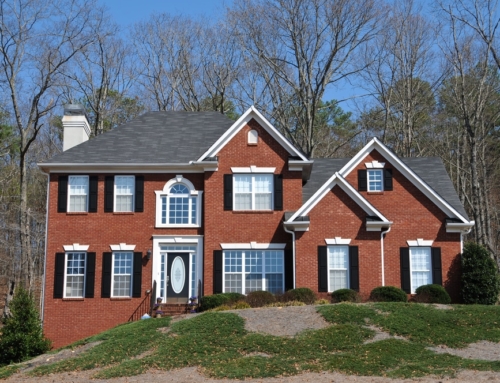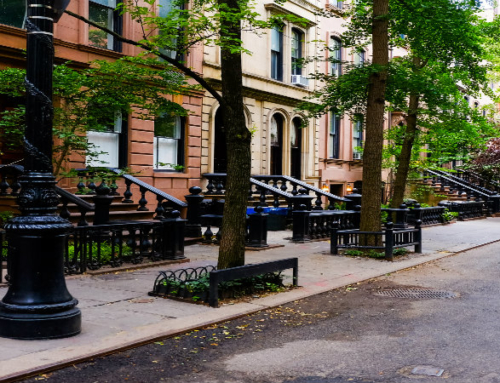The thing I’ve always loved about the Internet is that it’s by and large color blind. Whoever you are, whatever you do, you could go anywhere, tap into any base of knowledge and avail yourself of all resources that are available online.
But now some folks think that the Internet color-free zone may not be quite so egalitarian. Zillow.com, which provides free home valuations, is being accused of redlining some black and Latino areas.
According to a story in today’s New York Times, a coalition of community activists groups say that Zillow is undervaluing properties in these neighborhoods.
And that, they opine, leads to fraud.
I’ve talked to the folks who lead Zillow, and I’ve looked at how this company, and others like it, gather data. It seems tough to imagine that someone is monkeying with the data to skew the results. In the story, company officials said the charge is baseless, and that they do not use demographic factors in calculating house values.
Like most of these free home valuation tools, you have to take the values they proffer with at least 2 grains of salt. Sometimes these valuations are right on but often they’re way off. And when they’re off, they can be off by 50 percent or more.
We’re also moving in a new direction, with median home prices for existing and new construction houses falling. When home valuations start going in different directions, the data (which lags anywhere from 3 to 6 months or more) can be skewed.
Bottom line: Free home valuation tools are for entertainment purposes only. They’re not a substitute for the opinion of someone of works day in and day out in the neighborhood (like an experienced real estate agent or appraiser).
October 31, 2006






Leave A Comment